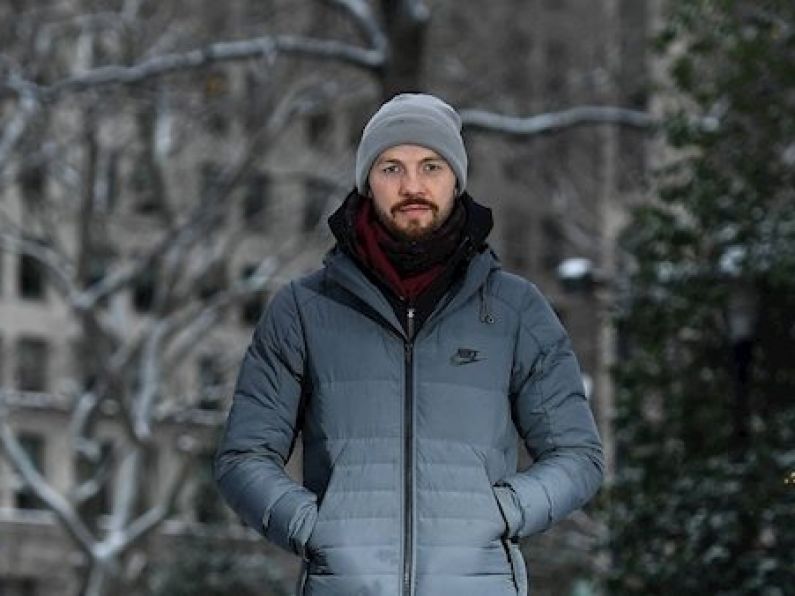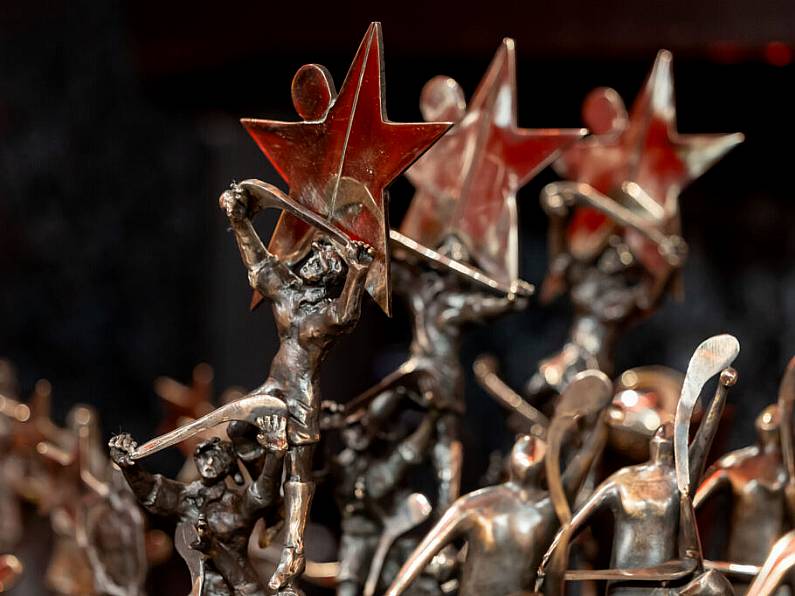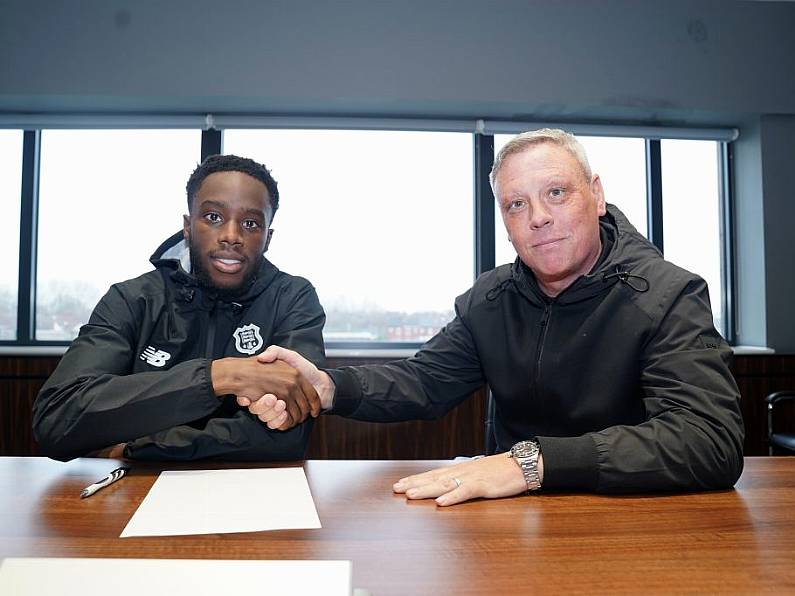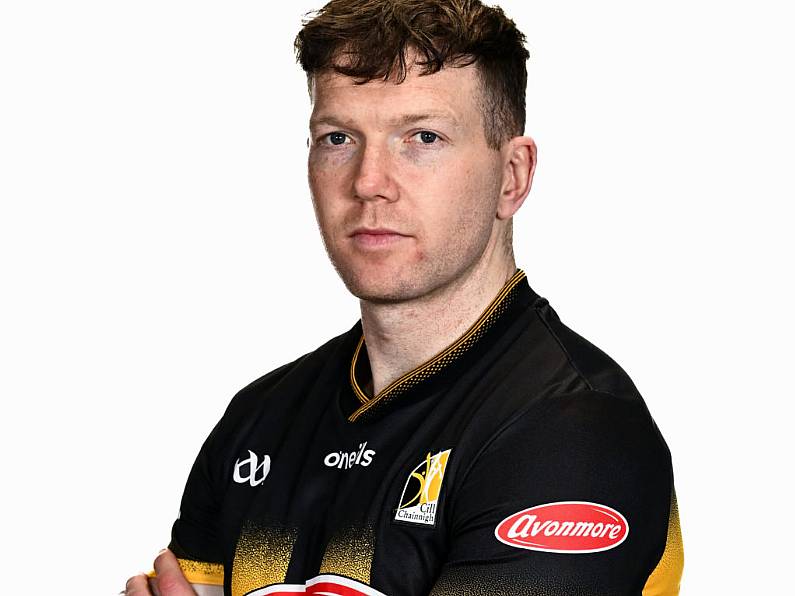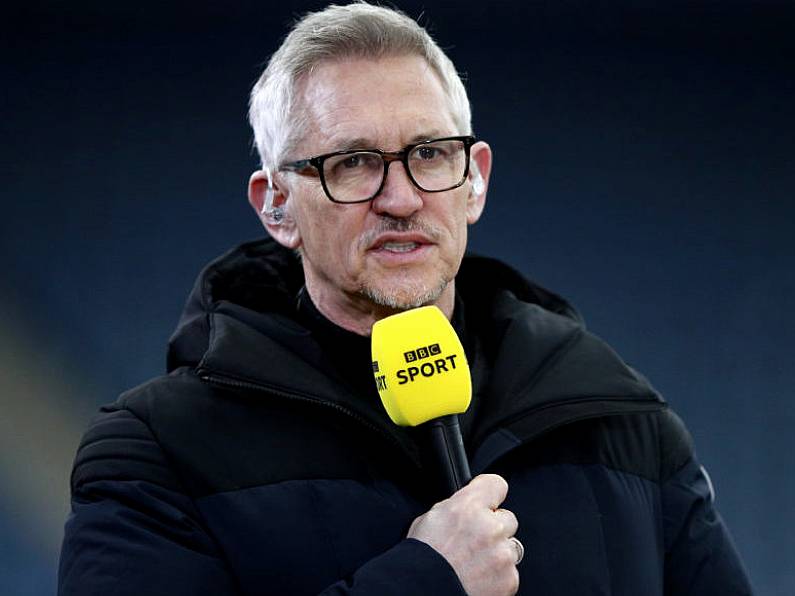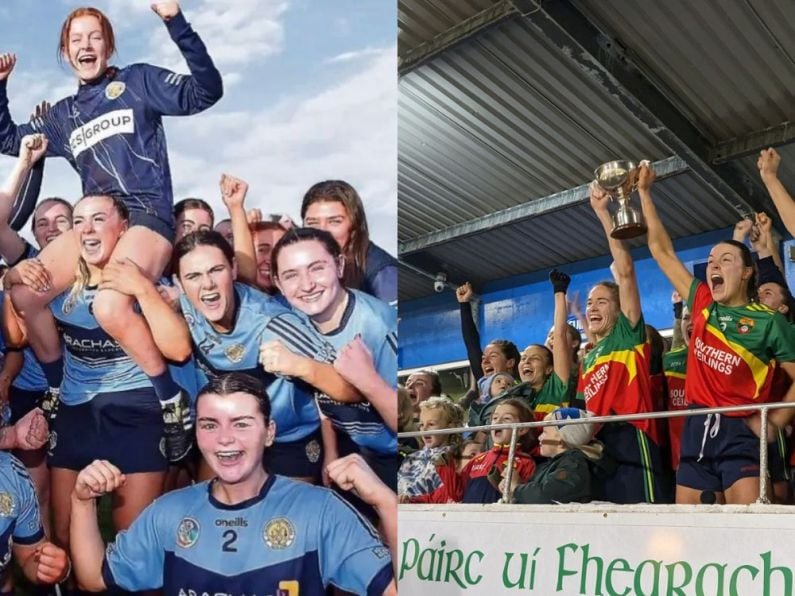Andy Lee this year called time on his ground-breaking, 39-fight career which ultimately gleaned the world middleweight title but he is never too far from the sport which enveloped his life for the best part of three decades. This weekend, the Limerick man is in Los Angeles as his long-time friend Tyson Fury challenges bookmakers’ favourite Deontay Wilder for the WBC heavyweight title and Lee is not ruling out an upset, writes Declan Taylor
Q: It is now over three years since Fury memorably beat Wladimir Klitschko to become world champion. Are his two low-key comeback fights in 2018 enough to prepare him for a challenge like Wilder?
A: “That’s the biggest doubt. The big weight gain, then loss, drug addiction, drinking — it all takes a toll. He’s had two fights but they’re really exhibitions. You can train and spar but you can’t really prepare for the anxiety you feel when there’s a genuine threat in front of you. Can his legs cope with it after the time away? We will see but he is a fella who can take rests in rounds when he needs to. It’s on Wilder to pressure him and not let him take rests. Wilder has got to set the pace because sometimes he stands off too. Wilder has to press hard, early in the fight, take a chance.”
Q: Wilder has ended 39 of his 40 professional fights inside the distance. How does it feel to face someone with such devastating power on an occasion like this?
A: “Just think about it. In sparring you’ve got a headguard on, a t-shirt on, a groin protector on, big gloves... there’s so much more protection and security. Then all of a sudden on fight night you’re exposed, you’re out there naked in front of a big crowd with tiny gloves on. There’s an anxiety that builds in your chest especially when you’re facing a man with that sort of threat in his right hand.”
Q: On the other hand, you were known as one of the biggest pound-for-pound punchers in your pomp. What is it like to carry fight-changing power?
A: “It is a great thing to have but it can also be your downfall. Against Matt Korobov when I won the title I was behind but I was in control emotionally. I got my chance and I knocked him out. But in the Billy Joe Saunders fight, I tried to rely on my power, I loaded up too much and it worked against me. I wouldn’t be surprised if Wilder winds one up and then gets caught with a counter. When you throw your big punch and you get caught in the act of doing it, it doubles the impact of the counter you get in return. That’s what happened against Billy Joe Saunders, I was getting desperate.”
Q: Your old coach and mentor Emanuel Steward always said that he saw Tyson Fury as the biggest long-term threat to Klitschko and he was proven right in 2015. What are your memories of Steward’s opinion on Fury?
A: “Emanuel was very impressed by him. He would have loved to have trained Tyson full time but he had Klitschko at the time, the big bread winner. Klitschko paid the bills. Manny couldn’t have that conflict because Klitschko was the man. When Emanuel said Fury would go on to become world heavyweight champion, he really meant it. It wasn’t a throwaway comment. He was really high on Fury, in fact everyone in the Kronk Gym was.”
Q: The Kronk in Detroit was a legendary place, how was Fury received on his visit there?
A: “Tyson came in, as he does, larger than life — a big, good-looking guy. There was a long line of girls round the block just queuing up to see him. Then the first time we went out on an evening, we went to a sort of ghetto, blues joint and Tyson gets up, grabs the mic and starts singing.
The place loved it. They really took to him in Detroit.”
Q: Can you remember how soon Steward knew he was looking at something special in Fury?
A: “Manny didn’t necessarily look at what they did with their hands or their fists. He always looked at their mind, the make up of a fighter.
That’s what he would judge a fighter on. Their internal make-up. How they’re made and what their mind set is.”
Q: So what was Fury’s mindset like?
A: “You know the famous story about the sauna at Klitschko’s camp? Wladimir would do this thing in the sauna when everybody would be there, all the punters from the hotel and everything. He would come straight in and start tossing water on, tossing water on, tossing water on. Everyone would have to get out eventually and Wlad would be the last one in there.
“So this time it came down to me, Tyson and Wladimir left in there. I kinda had a feeling what was going on, nobody verbalised what was happening, but you could feel it. In the end, Wladimir left and when he walked out of the room he was steaming from the sweat but he was steaming inside too. They didn’t say a word but both of them knew what it was — a mental battle. I don’t think they said a word to each other in the sauna even though it was just the two of them by the end. When Tyson came out he just said, ‘I got him... I did him’. That was his first victory.”
Q: How much has that mental strength helped him in his career generally?
A: “Tyson was just ultra-competitive. There was a hill run there, about four miles, all uphill and I would do it every few days. One day I said ‘come on then Tyson, let’s take off easy’. Then — boom — off he went sprinting. I thought there’s no way he’s lasting. Right before the finish post I caught him and as he stopped he vomited, for a long time, that’s how hard he tried to beat me. It was just little stupid things – ‘I can do 50 press ups, you can’t’. He’s almost like a child, but it’s just how competitive he is.”
Q: Fury has drafted in legendary Freddie Roach to help on the night, is that a good idea?
A: “It’s a great move and it shows a lot of self-security from Ben Davison because an insecure fella would say ‘no I don’t want anybody coming in and exposing me’. But to be comfortable with Freddie coming in I think it’s wise. In September, Tyson texted me and asked if I would go over and help him train. I was in France at the time. But because I had the book coming out I couldn’t do it but said I’d maybe go over for the last few weeks.”
Q: That would have been a quick return for boxing to you so are you missing it?
A: “Once I made it public that I had retired it was strange — I’d find myself sighing to myself, walking around the place saying ‘I’m never going to fight again’. I used to envy guys who weren’t fighters. I remember driving home from training and spotting people just having a pint on a Friday night. That was just something I couldn’t do when I was fighting so once I had retired, all those things I missed out on, I could do. Above all I won the title. Had I not done that, I can’t imagine life now. I’d probably still be fighting, still chasing it, still trying to earn a living.”
